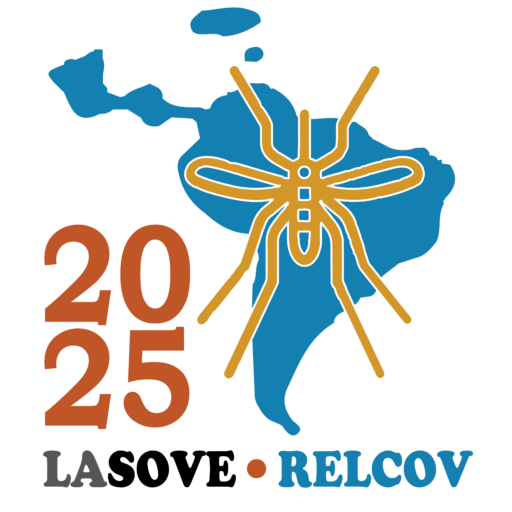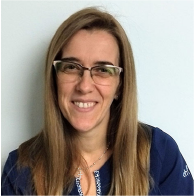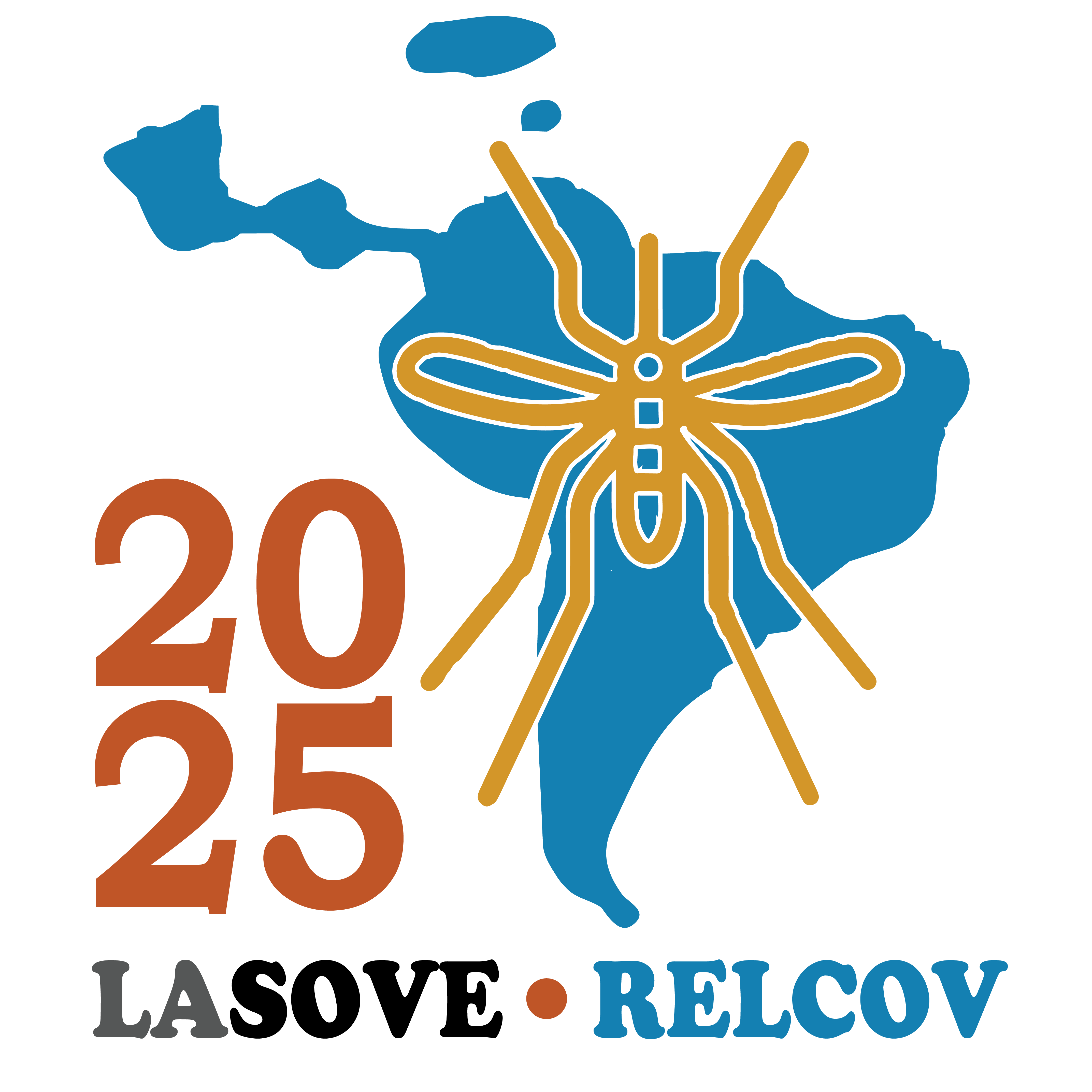Conferencia Cambiaggi et al.
CONFERENCIA
Prevention and diagnosis of zoonotic diseases from a “One Health” perspective. The importance of interdisciplinary work
Dra. Vanina Laura CAMBIAGGI & Prof. Elsa M. CHIAPPA


Dra. Vanina Laura Cambiaggi
Médica Veterinaria
Doctora en Ciencias Veterinarias
Médica Veterinaria egresada de la Facultad de Ciencias Veterinarias de la UNLP.
Doctora en Ciencias Veterinarias de la Facultad de Ciencias Veterinarias de la UNLP.
Profesora Titular de la cátedra de Anatomía Comparada de la Facultad de Ciencias Veterinarias de la UNLP.
Profesora Titular de la cátedra de Anatomía Descriptiva y Topográfica de la Facultad de Ciencias Veterinarias de la UNLP.
Suficiencia investigadora en Neurociencias y Biología del Comportamiento. Universidad Pablo de Olavide. España.
Directora de Salud Animal y Enfermedades Zoonóticas. Secretaría de Salud. UNLP.
Coordinadora del Equipo de Salud de la Facultad de Ciencias Veterinarias de la UNLP.
Secretaria de Evaluación y Planificación de la Facultad de Ciencias Veterinarias de la UNLP.
Secretaria de Asuntos Académicos de la Facultad de Ciencias Veterinarias de la UNLP (2014 -2022)
Prof. Elsa M. Chiappa
Especialista consultor en Clínica Médica
Especialista consultor en Clínica Médica.
Prof. Adjunta y adscripta de la Catedra de Medicina Interna “F” de la Facultad de Ciencias Médicas .UNLP.
Post-título de Formación docente en Salud ( Ministerio de Educación de la Nación y Ministerio de Salud de la Provincia de Buenos Aires )
Directora de Programas Académicos de la Secretaria de Salud de la UNLP
Coordinadora del Programa de Formación Interprofesional en Salud de la Secretaria de Salud de la UNLP.
Ex Jefe de Servicio de Clínica Médica del Hospital San Roque de Gonnet
Ex Instructora de Residentes de Clínica Médica del Hospital San Roque de Gonnet

Créditos de las imágenes utilizadas en esta página web
Las imágenes de las personas miembro de los distintos comités de LA SOVE RELCOV 2025 así como las imágenes de los/as oradores/as fueron provistas por las mismas personas para uso exclusivo en esta página web. Los/as autores/as de estas imágenes se reservan el derecho de uso y reproducción de las mismas.
